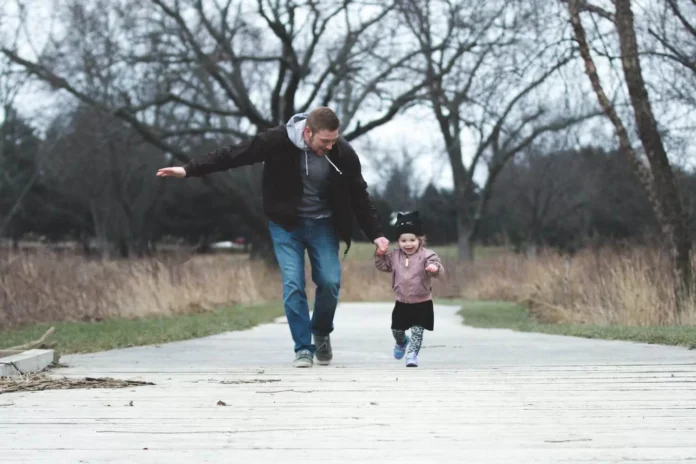When a young man or woman ends up in a correctional facility, you often hear people say: “Poor kid, he didn’t have a father or a mother.” With the support of the EU, the Regional Youth Dialogue for Equality (RYDE) analyzed legal regulations and practices in the region affecting young people raised by single parents. The comparative analysis covers Bosnia and Herzegovina, North Macedonia, and Serbia.
Every child from a single-parent family has the right to apply for scholarships designated for vulnerable categories of the population. However, if a child’s parents are divorced and the family’s income, including alimony, is insufficient, that child may not qualify for the same support. But what is the real difference between a teenager raised by a single parent since birth and one whose parents recently separated? In the eyes of the law, there is a difference, despite their almost identical circumstances.
In Bosnia and Herzegovina, single mothers or fathers make up 16% of all families. Like many other things in BiH, this issue is regulated through a fragmented legal system spread across two entities and the Brčko District. Three children in identical situations can receive entirely different treatment depending on where they live. The same goes for social assistance, which varies by region. Even the term “single-parent family” is not legally defined, and there is no unified national approach to social protection.
North Macedonia has a more coherent and centralized legal system. There are around 35,000 single-parent families, yet children in these households are often excluded from social support programs. While single parents are recognized in the law, the legal system does not define single-parent families. Educational and social services are available, but these families frequently fall through the cracks of the legal framework.
In Serbia, one in five families is a single-parent family. Children are eligible for certain benefits intended for vulnerable groups, but there is often a lack of support specifically tailored to their unique needs. Serbia, like North Macedonia, recognizes single parents, but legal definitions vary between laws. Social services, healthcare, and education are provided, but targeted support for single-parent households is missing. A rare exception is healthcare privileges for children up to the age of seven from these families.
It can be said that North Macedonia is more advanced in inclusive education policies, while Serbia has a stronger legal framework, though it lacks targeted social aid. Bosnia and Herzegovina, on the other hand, struggles most with legal inconsistency and unequal treatment of children facing similar challenges.
The researchers from all three countries call for urgent, systemic reforms. They recommend funding a state child support (alimony) fund, offering scholarships to children from single-parent families, providing free psychological counseling, subsidizing kindergarten costs, and more.
The reality is that children from single-parent households are among the most vulnerable in our societies. Yet, their needs are often not recognized by that same society or are overlooked, or ignored.
Why should a child suffer because one parent refuses to pay alimony, and the law permits endless legal processes? Why must these children face discrimination at the very start of their lives? Society claims they are equal, but the children know all too well: they are not.













